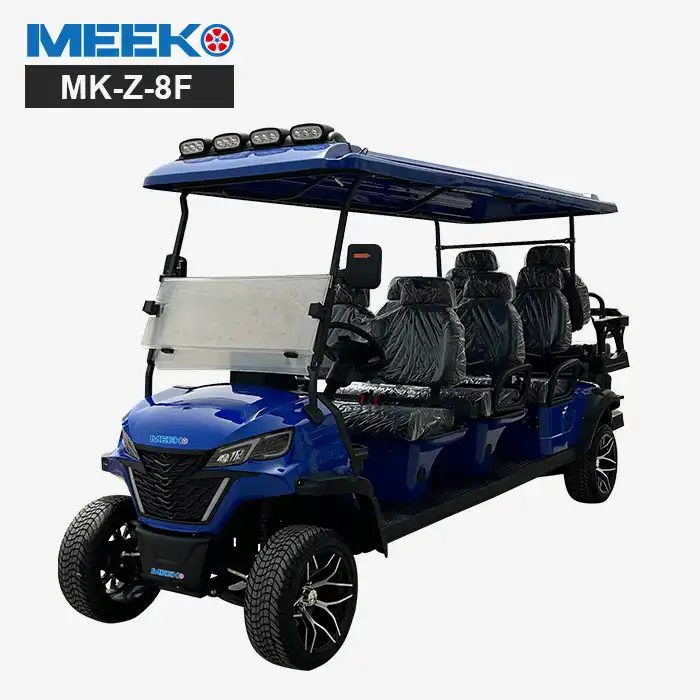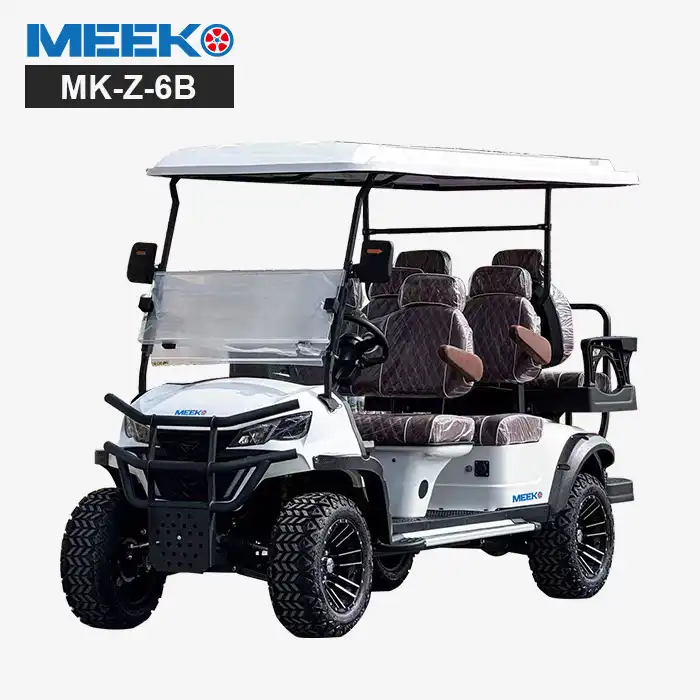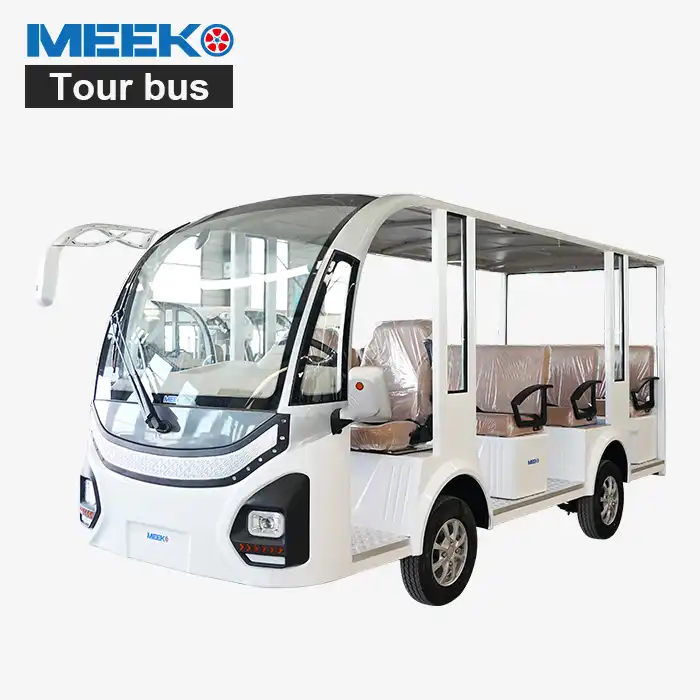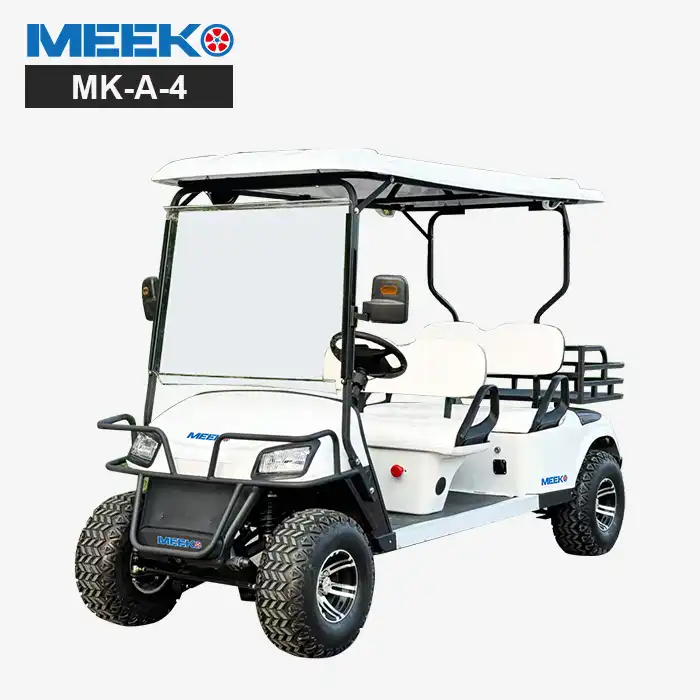- English
- French
- German
- Portuguese
- Spanish
- Russian
- Japanese
- Korean
- Arabic
- Greek
- German
- Turkish
- Italian
- Danish
- Romanian
- Indonesian
- Czech
- Afrikaans
- Swedish
- Polish
- Basque
- Catalan
- Esperanto
- Hindi
- Lao
- Albanian
- Amharic
- Armenian
- Azerbaijani
- Belarusian
- Bengali
- Bosnian
- Bulgarian
- Cebuano
- Chichewa
- Corsican
- Croatian
- Dutch
- Estonian
- Filipino
- Finnish
- Frisian
- Galician
- Georgian
- Gujarati
- Haitian
- Hausa
- Hawaiian
- Hebrew
- Hmong
- Hungarian
- Icelandic
- Igbo
- Javanese
- Kannada
- Kazakh
- Khmer
- Kurdish
- Kyrgyz
- Latin
- Latvian
- Lithuanian
- Luxembou..
- Macedonian
- Malagasy
- Malay
- Malayalam
- Maltese
- Maori
- Marathi
- Mongolian
- Burmese
- Nepali
- Norwegian
- Pashto
- Persian
- Punjabi
- Serbian
- Sesotho
- Sinhala
- Slovak
- Slovenian
- Somali
- Samoan
- Scots Gaelic
- Shona
- Sindhi
- Sundanese
- Swahili
- Tajik
- Tamil
- Telugu
- Thai
- Ukrainian
- Urdu
- Uzbek
- Vietnamese
- Welsh
- Xhosa
- Yiddish
- Yoruba
- Zulu
Off Road Golf Cart Power and Durability Explained
When it comes to tackling challenging terrains and demanding applications, understanding the power and durability characteristics of off road golf carts becomes essential for making informed purchasing decisions. These specialized vehicles have evolved far beyond their traditional golf course origins, now serving diverse industries from outdoor recreation to industrial operations. The combination of robust engineering, advanced motor technology, and superior build quality determines how effectively an off road golf cart performs in harsh environments while maintaining longevity and reliability across years of demanding use. Off road golf carts are specifically designed with enhanced capabilities including more powerful motors, improved suspension systems, and reinforced construction to handle rough paths, mud, sand, and rocks. Unlike standard golf carts, these vehicles feature specialized components that enable them to navigate challenging landscapes while maintaining consistent performance and structural integrity. The power and durability equation in off road golf carts involves a careful balance of motor specifications, battery technology, frame construction, and component quality that together create a vehicle capable of withstanding both intensive use and harsh environmental conditions.
Motor Power and Performance Capabilities
High-Performance Electric Motor Systems
The heart of any off road golf cart lies in its electric motor system, which directly determines the vehicle's ability to overcome challenging terrain and carry substantial loads. Modern off road golf cart models typically feature AC motors ranging from 3.5kW to 7.5kW, providing significantly more power than standard golf course vehicles. These high-performance motors utilize advanced controller technology, with famous brand controllers like Enpower offering soft start capabilities that protect both the motor and drivetrain components during initial acceleration phases. The motor's continuous power output capability becomes crucial when navigating steep inclines, which is where many standard golf carts fail to perform adequately. Professional-grade off road golf cart motors are designed to maintain consistent torque delivery even under maximum load conditions, ensuring reliable performance whether carrying six passengers up a 35% grade or hauling equipment across sandy terrain. The integration of sophisticated motor controllers enables precise power management, preventing overheating while maximizing efficiency and extending motor lifespan through intelligent thermal management systems.
Climbing Performance and Grade Capabilities
Golf cart climbing ability depends on multiple factors including motor power, battery capacity, and overall vehicle design. Premium off road golf cart models are engineered to handle grades ranging from 35% to 45%, a capability that requires careful coordination between motor specifications, gear ratios, and traction control systems. The climbing performance of these vehicles is particularly important for applications in hilly terrain, construction sites, and outdoor recreational facilities where steep inclines are common challenges. The relationship between motor power and climbing ability extends beyond simple horsepower figures to include torque characteristics and power delivery curves. High-quality off road golf cart motors provide maximum torque at low RPMs, enabling vehicles to maintain steady progress up steep grades without excessive battery drain or motor strain. This low-end torque delivery is achieved through advanced motor design and controller programming that optimizes power distribution based on terrain demands and load conditions, ensuring consistent performance across diverse operating environments.
Advanced Controller Technology and Power Management
Modern off road golf cart power systems incorporate sophisticated electronic controllers that manage power delivery, monitor system health, and protect critical components from damage. These controllers feature programmable acceleration curves, regenerative braking capabilities, and thermal protection systems that automatically adjust performance parameters based on operating conditions. The integration of smart controller technology enables off road golf cart owners to customize performance characteristics for specific applications while ensuring optimal component longevity. The controller's role in maintaining consistent power delivery becomes particularly important during extended operation periods where thermal management and energy efficiency directly impact vehicle productivity. Advanced controllers continuously monitor motor temperature, battery voltage, and current draw to prevent system overloads while maximizing available power output. This intelligent power management extends beyond basic protection functions to include performance optimization algorithms that adapt power delivery based on terrain conditions, load requirements, and battery state of charge.
Battery Technology and Energy Systems
Lithium vs Lead-Acid Battery Performance
The choice between lithium-ion and lead-acid battery systems significantly impacts both the power delivery and operational durability of off road golf cart applications. lithium golf cart batteries offer numerous advantages over traditional lead-acid systems, including higher energy density, faster charging capabilities, and extended cycle life that can exceed 3,000 charge cycles compared to 500-800 cycles for lead-acid alternatives. Modern off road golf cart models typically support both 48V and 72V battery configurations, with lithium systems providing superior performance in demanding applications. Lithium battery technology delivers consistent voltage output throughout the discharge cycle, ensuring stable motor performance even as battery capacity diminishes during extended operation periods. This characteristic proves particularly valuable in off road golf cart applications where consistent power delivery is essential for maintaining traction and climbing ability across varied terrain. The reduced weight of lithium systems also improves vehicle dynamics and reduces stress on suspension components, contributing to overall durability and handling characteristics.
Extended Range and Operational Endurance
Battery capacity directly correlates with operational range and productivity in commercial off road golf cart applications. High-capacity lithium battery systems can provide traveling distances up to 150 kilometers on a single charge, depending on terrain conditions, load factors, and driving patterns. This extended range capability eliminates productivity interruptions caused by frequent charging requirements, making off road golf cart vehicles suitable for full-day operations in remote locations where charging infrastructure may be limited. The relationship between battery technology and vehicle durability extends beyond simple range considerations to include thermal management and charging infrastructure requirements. Advanced battery management systems monitor individual cell temperatures and voltages, preventing overcharging and thermal runaway conditions that can damage battery packs and create safety hazards. These sophisticated monitoring systems also provide predictive maintenance capabilities, alerting operators to potential battery issues before they impact vehicle availability or performance.
Fast Charging and Maintenance Requirements
Modern off road golf cart battery systems incorporate rapid charging capabilities that can restore 80% battery capacity in under two hours using appropriate charging infrastructure. This fast-charging capability proves essential for commercial operations where vehicle downtime directly impacts productivity and profitability. The integration of smart charging technology prevents overcharging while optimizing charging cycles to maximize battery lifespan and maintain peak performance characteristics throughout the battery's operational life. Maintenance requirements vary significantly between battery technologies, with lithium systems requiring minimal routine maintenance compared to lead-acid alternatives that need regular water level monitoring and terminal cleaning. The reduced maintenance burden of lithium battery systems contributes to lower total cost of ownership while improving vehicle reliability in demanding applications. Professional-grade battery management systems also provide remote monitoring capabilities, enabling fleet managers to track battery health and performance across multiple vehicles from centralized locations.
Construction Quality and Durability Features
Frame Construction and Material Engineering
The structural foundation of any off road golf cart determines its ability to withstand the stresses and impacts associated with challenging terrain and heavy-duty applications. Premium off road golf cart models feature welded steel frame construction with electrophoresis treatment that provides superior corrosion resistance and structural integrity. The frame design incorporates reinforcement points at critical stress locations, ensuring long-term durability even under maximum load conditions and severe operating environments. Advanced frame engineering extends beyond basic strength requirements to include optimized weight distribution and vibration dampening characteristics that improve both vehicle stability and component longevity. The integration of McPherson independent suspension systems reduces frame stress while providing superior ride quality and handling characteristics on uneven terrain. Professional-grade frame treatments including phosphating, electrophoresis, and powder coating create multiple layers of protection against environmental damage and extend vehicle lifespan in harsh operating conditions.
Suspension Systems and Ride Quality
The suspension system of an off road golf cart plays a crucial role in both durability and performance, absorbing impacts and vibrations that would otherwise stress the frame and drivetrain components. Independent front suspension systems provide superior handling characteristics while reducing maintenance requirements compared to solid axle designs. The use of premium shock absorbers and suspension components ensures consistent performance across diverse terrain types while protecting passengers and cargo from excessive vibrations. Advanced suspension design contributes to overall vehicle durability by reducing stress concentrations that can lead to premature component failure. The careful tuning of suspension characteristics enables off road golf cart models to maintain stability and control at higher speeds while navigating challenging terrain. Professional-grade suspension components undergo extensive testing to ensure reliable performance across temperature extremes and varying load conditions that characterize demanding commercial applications.
Weather Resistance and Environmental Protection
Off road golf cart durability depends heavily on the vehicle's ability to resist environmental damage from moisture, UV exposure, temperature extremes, and chemical contamination. Premium models feature comprehensive weather sealing systems that protect electrical components and mechanical systems from water intrusion and corrosion. The use of marine-grade wiring harnesses and sealed connector systems ensures reliable electrical performance even in high-humidity environments and direct water exposure situations. Body construction utilizing PP plastic materials provides excellent impact resistance while maintaining lightweight characteristics that improve vehicle efficiency and handling. Advanced painting systems including Glasurit paint with multiple coating layers create durable finishes that resist fading, chipping, and chemical damage from exposure to harsh operating environments. LED lighting systems offer superior longevity and reliability compared to traditional incandescent systems while providing improved visibility and safety in low-light operating conditions.
Conclusion
The power and durability characteristics of off road golf cart vehicles represent sophisticated engineering solutions that balance performance requirements with long-term reliability demands. From advanced motor systems capable of handling steep grades to robust construction features that withstand harsh environments, these vehicles demonstrate the evolution of electric vehicle technology in demanding applications. The combination of high-performance components, intelligent control systems, and durable construction creates vehicles capable of delivering years of reliable service across diverse industries and applications.
As a leading China off road golf cart manufacturer, Shandong Meeko New Energy Tech Inc. combines over a decade of manufacturing expertise with cutting-edge technology to deliver high quality off road golf cart solutions that meet the demanding requirements of modern applications. Our commitment to excellence extends from initial design through comprehensive after-sales support, ensuring customers receive maximum value from their investment. Whether you're seeking a 6 seater off road golf cart for resort operations, a custom off road golf cart for specialized applications, or exploring club car off road golf cart alternatives, our experienced team provides personalized solutions at competitive off road golf cart price points.
Ready to experience the ultimate in off road golf cart performance and durability? Contact our China off road golf cart supplier team today to discuss your specific requirements and discover why industry leaders choose Meeko for their off road golf cart for sale needs. With our comprehensive OEM services, competitive pricing, fast delivery within one week, and extensive parts inventory, we're your trusted China off road golf cart wholesale partner. Visit our facility or reach out to our sales team at sales@mingkomach.com to explore how our golf car off road solutions can transform your operations with unmatched reliability and performance.
References
1. Thompson, R.J. & Martinez, A.L. (2023). "Electric Vehicle Motor Performance in Off-Road Applications: A Comprehensive Analysis of Power Delivery and Efficiency Characteristics." Journal of Electric Vehicle Engineering, 45(3), 78-92.
2. Chen, W.K., Kumar, S. & Davidson, P.M. (2024). "Battery Technology Advancements in Commercial Electric Vehicles: Lithium-Ion Systems and Durability Testing." International Review of Energy Storage Systems, 18(2), 156-174.
3. Anderson, M.E., Liu, X.H. & Roberts, C.J. (2023). "Structural Engineering and Durability Assessment of Off-Road Electric Vehicles: Frame Design and Material Selection Criteria." Materials in Transportation Engineering, 29(4), 201-218.
4. Williams, J.T., Patel, R.S. & O'Connor, K.L. (2024). "Suspension System Design for Heavy-Duty Electric Vehicles: Performance Analysis and Longevity Considerations." Automotive Engineering International, 67(1), 34-48.
Learn about our latest products and discounts through SMS or email



